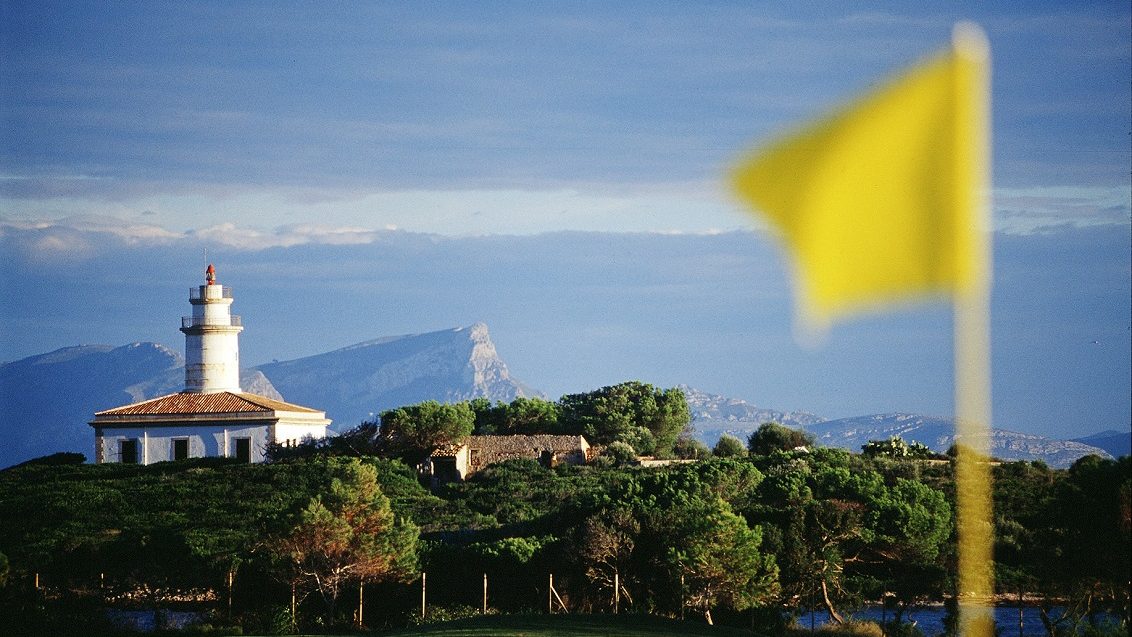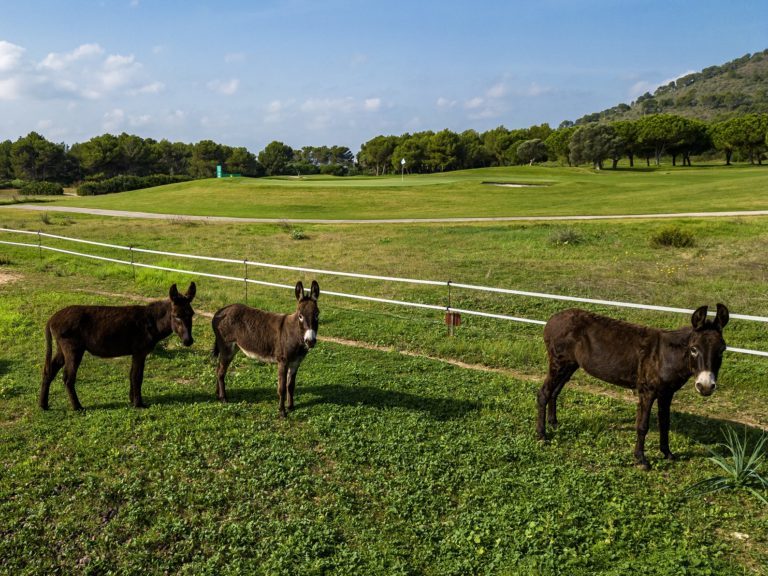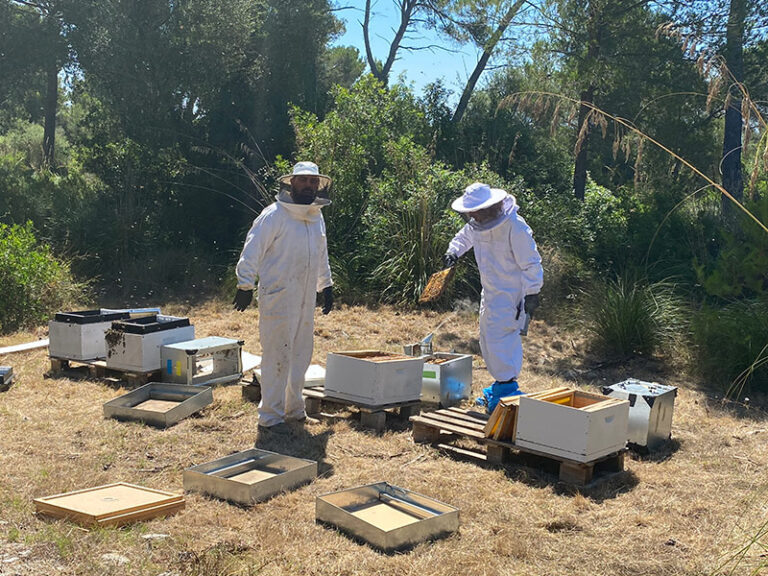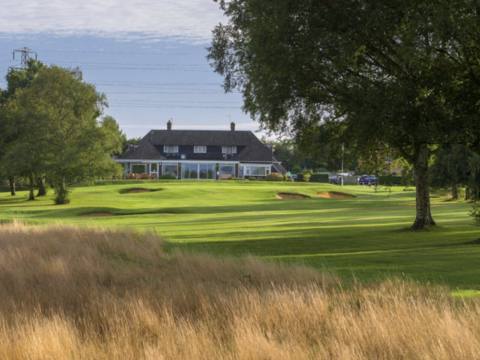Sustainability the key for Alcanada

Director of Golf Kristoff Both says sustainability has been at the forefront of developing Club de Golf Alcanada, as the Spanish club marks its 20th anniversary.
The Majorca venue has reduced its carbon footprint with measures such as seeding paspalum grass on fairways and tees because of its ability to withstand a high concentration of salt in recycled water during irrigation.
“We all need to be more conscious about the environment and it is always at the forefront of our thoughts at Alcanada,” Both told Golf Course Architecture.
“In Majorca, the law states all golf courses must already use recycled water for irrigation, but we are hoping others will follow our lead and look at other ways to reduce our impact on the environment.”
When the paspalum grass began to invade its greens, Alcanada invested €600,000 in relaying with bentgrass Tee-1 and renovating 3,000 metres of underground irrigation system.
- Case Study: Green Evolution at Arabella Golf, Majorca
- Ballenisles boosted by rare birds and honey bees
- Hoylake’s sustainable sand save
Other practices at Alcanada – host of this year’s Rolex European Challenge Tour Grand Final supported by The R&A, the final leg of the 29-event €8.2m Road to Mallorca series – include fitting solar panels to its buggy fleet, which has extended battery life and added an extra 35% in range per charge, and introducing donkeys to the course.
The animals live by the 13th hole and eat flora and fauna, including loose, dry debris in woodland areas which helps prevent the spread of wildfires.

In non-playing areas, half a dozen new beehives produced six kilos of honey within a year, and single-use plastic has been reduced in the clubhouse and proshop.

“They may seem like small changes, but it all adds up and can make a real difference to the bigger picture,” says Both.

